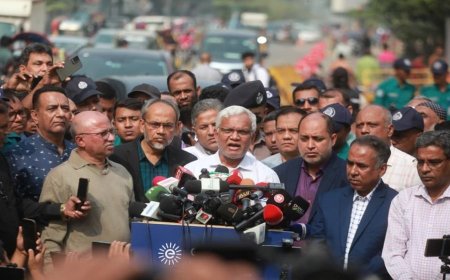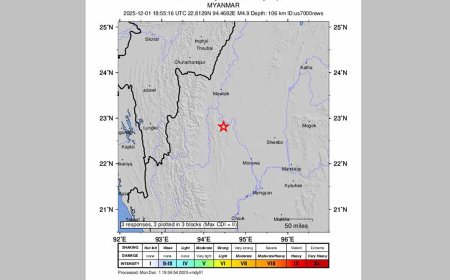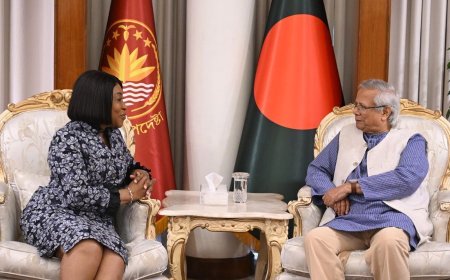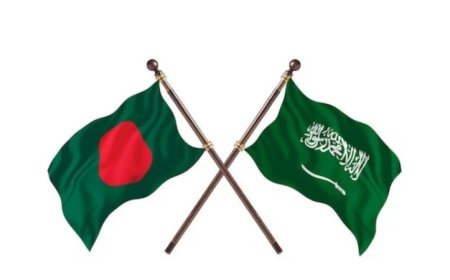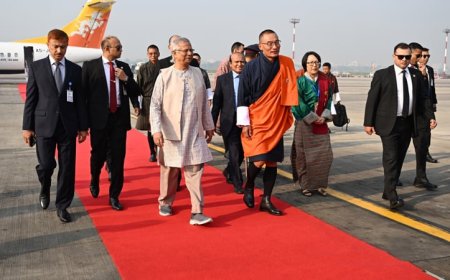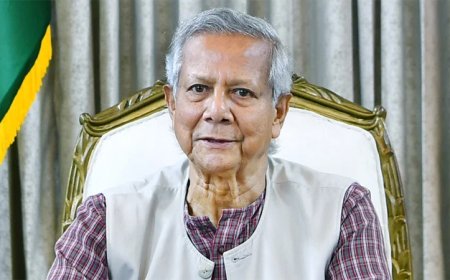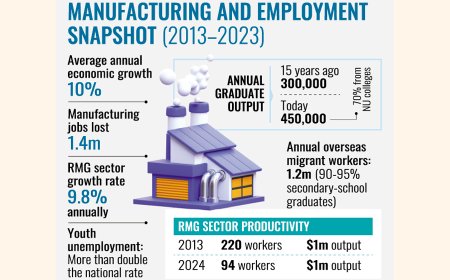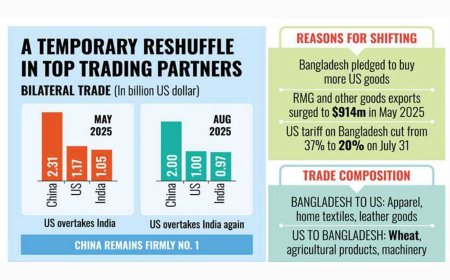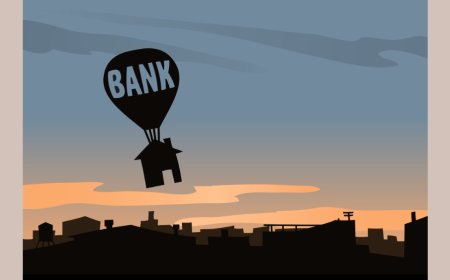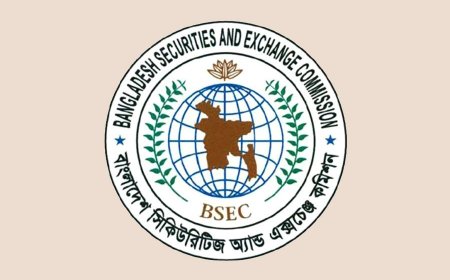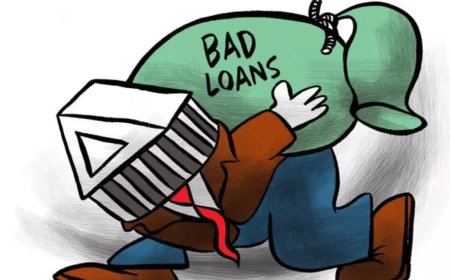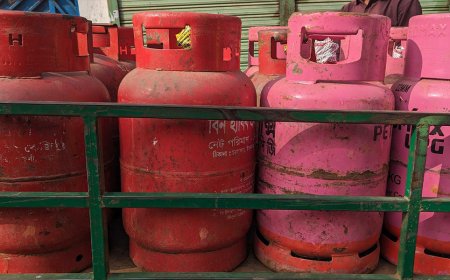Rising tensions may further strain Bangladesh’s economy: Experts
Any attack on Iran’s gas facilities or blockade of the Strait of Hormuz could seriously disrupt global oil and gas supplies.

Potential Iran-Israel War Threatens Bangladesh’s Fragile Economy, Experts Warn
Rising fears of a full-scale war between Iran and Israel have triggered serious warnings from economic experts, who say such a conflict could have devastating effects on the global economy — with Bangladesh particularly at risk given its vulnerable economic situation.
Although Bangladesh has limited direct trade links with Iran or Israel, its heavy reliance on Middle Eastern energy, labour markets, and remittances leaves it highly exposed to any regional instability.
Experts highlight that disruptions to energy supplies or shipping routes — especially the vital Strait of Hormuz — could have far-reaching global repercussions that would directly hit countries like Bangladesh.
“If Iran’s gas facilities are attacked or the Strait of Hormuz is blocked, global oil and gas supplies would be severely affected,” warned Dr Mustafa K Mujeri, executive director of the Institute for Inclusive Finance and Development (InM) and former chief economist of Bangladesh Bank.
He added: “Bangladesh would inevitably face rising energy costs, supply chain disruptions, and pressure on its foreign exchange reserves.”
The Strait of Hormuz serves as a crucial corridor for global energy trade. Even brief closures could send oil prices soaring, immediately raising costs across Bangladesh’s energy-dependent sectors such as manufacturing, transportation, agriculture, and services. This would further fuel inflation and raise the overall cost of living.
Electricity production costs would surge, industries would face higher operational expenses, and liquefied natural gas (LNG) imports might be disrupted, directly affecting industrial gas supplies, energy analysts caution.
Bangladesh has already adjusted gas prices upward several times in recent years. A further spike in global LNG prices could increase production costs, squeeze business profits, and ultimately impact jobs.
The rising cost of energy imports would also further deplete Bangladesh’s foreign exchange reserves. A weakening taka would raise prices of other imported goods, worsening inflationary pressures and squeezing consumers and businesses.
While Bangladesh signed a preferential trade agreement with Iran in 2006, bilateral trade remains limited due to global sanctions. Nevertheless, its broader ties with key Middle Eastern nations like Saudi Arabia, UAE, Qatar, and Oman mean any wider conflict could have severe ripple effects.
Remittances and migrant jobs at risk
A major worry is Bangladesh’s dependence on Middle Eastern labour markets and remittances. “The economy heavily relies on remittances from migrant workers. If tensions escalate, job security and future labour demand in the region could decline,” said Dr AB Mirza Azizul Islam, former caretaker government adviser.
According to Bangladesh Bank, 6 or 7 of Bangladesh’s top 10 remittance sources are Middle Eastern nations. Previous regional conflicts forced many workers to return home, creating both economic and social strains.
Escalating unrest could also disrupt air travel, increase recruitment uncertainties, or raise migration costs. “Flight restrictions during wartime would severely limit worker mobility,” added Mirza Azizul.
Export sector faces shipping risks
Bangladesh’s export-driven economy, particularly its ready-made garment (RMG) sector, may also face challenges. Shipping disruptions could lead to delivery delays, cancelled orders, or lost clients in key Western markets. The RMG sector, which generates the bulk of Bangladesh’s export earnings, is especially vulnerable to global supply chain shocks.
“If this conflict continues and expands, it could threaten Bangladesh’s access to key labour markets and trade routes,” warned Mujeri. “The risks go beyond just energy or remittances; they touch all core pillars of the economy.”
“While much depends on how far the conflict spreads, Bangladesh should prepare for worst-case scenarios,” he advised. “Diversifying energy sources, building strategic reserves, and strengthening diplomatic ties with Middle Eastern nations will be critical to cushion potential shocks.”
For now, policymakers are closely watching developments. The Ministry of Finance and Bangladesh Bank are monitoring the situation, though no official contingency plans have been announced.
What's Your Reaction?







